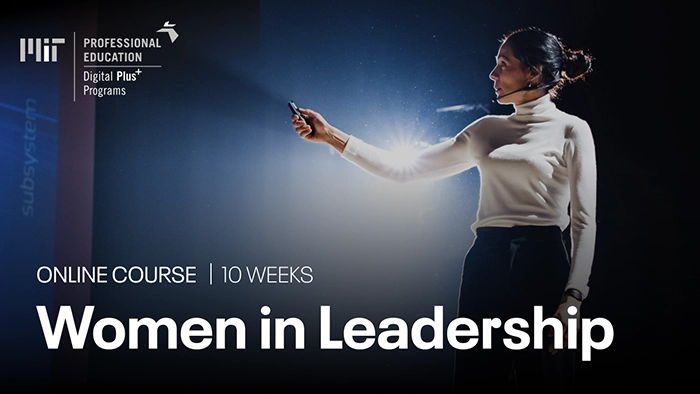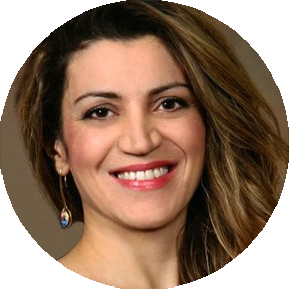We are at a turning point in human history
Women now are in more positions of leadership than ever before. However, there is still a long journey ahead of us in achieving equity. To accomplish this goal, it is necessary for us all to educate ourselves on gender equity and dive into the fundamentals of leadership. It is time to break the glass ceiling.
Women in Leadership: Becoming an Agent of Change provides the curriculum, tools, and techniques to become a catalyst for positive change and equity within your organization. Empower yourself to take bold risks in order to advance yourself, your team, and your organization in the face of adversity.
24%
of senior leadership positions are held by women globally.
Source: Forbes
2% growth
of women’s senior management roles, from 29% to 31%, was witnessed in 2021.
Source: Grant Thorton
15%
of companies in the top quartile for gender diversity are more likely to outperform competition.
Source: McKinsey & Company
An online course catering to your needs as a leader of change toward equity in your organization, society, and the world
MIT Professional Education’s online course in Women in Leadership: Becoming an Agent of Change cohesively consolidates the skills of a modern leader and the facilitation of achieving equity in your organization.
The skills you will develop
1.
To understand what innovative research tells us about the most effective approaches to leadership in the 21st century era
2.
To acknowledge, understand, and address the challenges facing women who seek leadership roles
3.
To provide practical strategies and tactics to achieve equity in any organizational context
In addition, you will receive a Certificate of Completion
All participants who successfully complete the program will receive an MIT Professional Education Certificate of Completion.
Students in the MIT Professional Education Digital Plus Women in Leadership: Becoming an Agent of Change program will also receive Continuing Education Units (CEU*).
To obtain CEUs, complete the accreditation confirmation, which is available at the end of the course. CEUs are calculated for each course based on the number of learning hours.
* The Continuing Education Unit (CEU) is defined as 10 contact hours of ongoing learning to indicate the amount of time they have devoted to a non-credit/non-degree professional development program.
To understand whether or not these CEUs may be applied toward professional certification, licensing requirements, or other required training or continuing education hours, please consult your training department or licensing authority directly.
This program is directed to:
- ASPIRING LEADERS
who must identify the skills needed for successful leadership and how to put them into practice.
- MANAGERS
who want to better comprehend the challenges that women in particular face in organizations and businesses in order to make an equitable difference.
- SENIOR EXECUTIVES AND LEADERS
looking to take action to promote equitable merit and growth within their organization.
- CORPORATE ROLES
cultivating their leadership approach and persona, public presentations, working within teams, and discovering transformational leadership.
- LEADERS IN STEM
careers looking to refine and take ownership of their leadership skills in a field where female participation is accelerating.
Meet the Lead Instructors of this course

David consults with technology executives on topics related to developing leadership among engineers, researchers, and other technical experts. He has published on organizational culture, ethics, engineering leadership, and developing management and leadership skills. David holds a Ph.D. in Management from the University of Texas at Austin, where he earned his B.A., B.B.A., and M.A. degrees. He lives in Weston, Massachusetts, with his wife and three children.
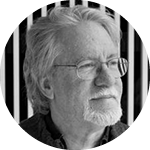
He conducts research in argumentation, persuasion, media influence, and contemporary rhetorical theory. Schiappa has developed influential lines of research in three areas: classical rhetoric, contemporary rhetorical theory and argumentation, and popular culture. He has published 10 books and his research has appeared in such journals as Philosophy & Rhetoric, Argumentation, Communication Monographs, and Communication Theory. He has served as editor of Argumentation and Advocacy and has received the Douglas W. Ehninger Distinguished Rhetorical Scholar Award in 2000 and the Rhetorical and Communication Theory Distinguished Scholar Award in 2006. He was named a National Communication Association Distinguished Scholar in 2009.
Faculty Contributors
MIT School of Engineering
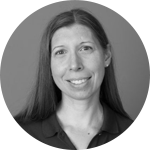
Dr. Cahoy previously worked on spacecraft radio systems for space weather and planetary atmospheric sensing, a method called radio occultation. Her doctoral research was on radio occultation studies of the upper atmosphere of Mars using the Mars Global Surveyor spacecraft, and on the MIT Gravity Recovery and Interior Laboratory lunar mission team at NASA Goddard Space Flight Center.
• Supports space telescope missions, such as the Wide Field Infrared Survey Telescope (WFIRST)
• Chair, Diversity, Equity, & Inclusion (DEI) Committee
• Honored as ‘Committed to Caring’ at MIT
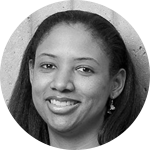
MIT School of Science
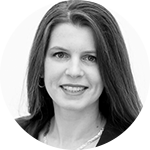
Prof. Frebel has received numerous honors and awards including the 2010 Annie Jump Cannon Award (American Astronomical Society), a 2013 CAREER Award from the National Science Foundation, and in 2016 she was named one of ScienceNews Magazine's “Ten Scientists to Watch”. She was promoted to Associate Professor with tenure in 2018 and to full Professor in 2022.
Prof. Frebel has authored more than 120 papers in various refereed journals, including Nature. She also enjoys communicating science to the public through regular public lectures, magazine articles, interviews as well as her popular science book “Searching for the oldest stars: Ancient Relics from the Early Universe” (Princeton University Press).
- Prof. Frebel's research interests broadly cover observational stellar astrophysics.
- Prof. Frebel is best known for her discoveries and spectroscopic analyses of the oldest, most metal-poor stars in the Milky Way and small dwarf galaxies.
- In 2005, Frebel discovered the star HE 1327-2326, which is the most iron-deficient star, stemming from a time very shortly after the Big Bang.
Affiliated Center(s):
- MIT Kavli Institute for Astrophysics and Space Research:
https://space.mit.edu/ - Magellan Telescopes Consortium:
https://space.mit.edu/instrumentation/magellan/
MIT Sloan School of Management
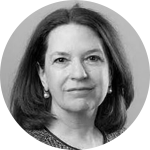
Her pioneering research into how successful teams operate has highlighted the critical importance of managing outside, as well as inside, the team’s boundary. This research directly led to the concept of X-Teams as a vehicle for driving innovation within large organizations. Ancona’s work also focuses on the concept of distributed leadership and on the development of research-based tools, practices, and teaching/coaching models that enable organizations to foster creative leadership at every level.
She is the author of the book, X-Teams: How to Build Teams That Lead, Innovate, and Succeed (Harvard Business School Press) and the related article, “In Praise of the Incomplete Leader” (Harvard Business Review). In addition to X-Teams, her studies of team performance have also been published in the Administrative Science Quarterly, the Academy of Management Journal, Organization Science, and the MIT Sloan Management Review. Her previous book, Managing for the Future: Organizational Behavior and Processes (South-Western College Publishing), centers on the skills and processes needed in today’s diverse and changing organization. Ancona has served as a consultant on leadership and innovation to companies such as Bristol-Myers Squibb, Bose, Takeda, Li & Fung, OCP, Accenture, ASA, and has served on the Board of the Penn Graduate School of Education and the working group of the Canadian Council of Academies.
Ancona holds a BA and an MS in psychology from the University of Pennsylvania and a PhD in management from Columbia University
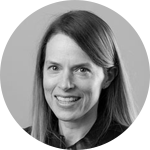
She has mentored teams in the Global Entrepreneurship Lab (G-Lab), and China and India Lab courses, and has been the faculty lead for study tours in South America and Africa. She has traveled on behalf of the MIT faculty to Brazil, Argentina, Chile, Botswana, Namibia, Vietnam, Thailand, and China.
Blackburn holds a PhD from Boston College, an MA from Teachers College, Columbia University, and a BA from Connecticut College.
